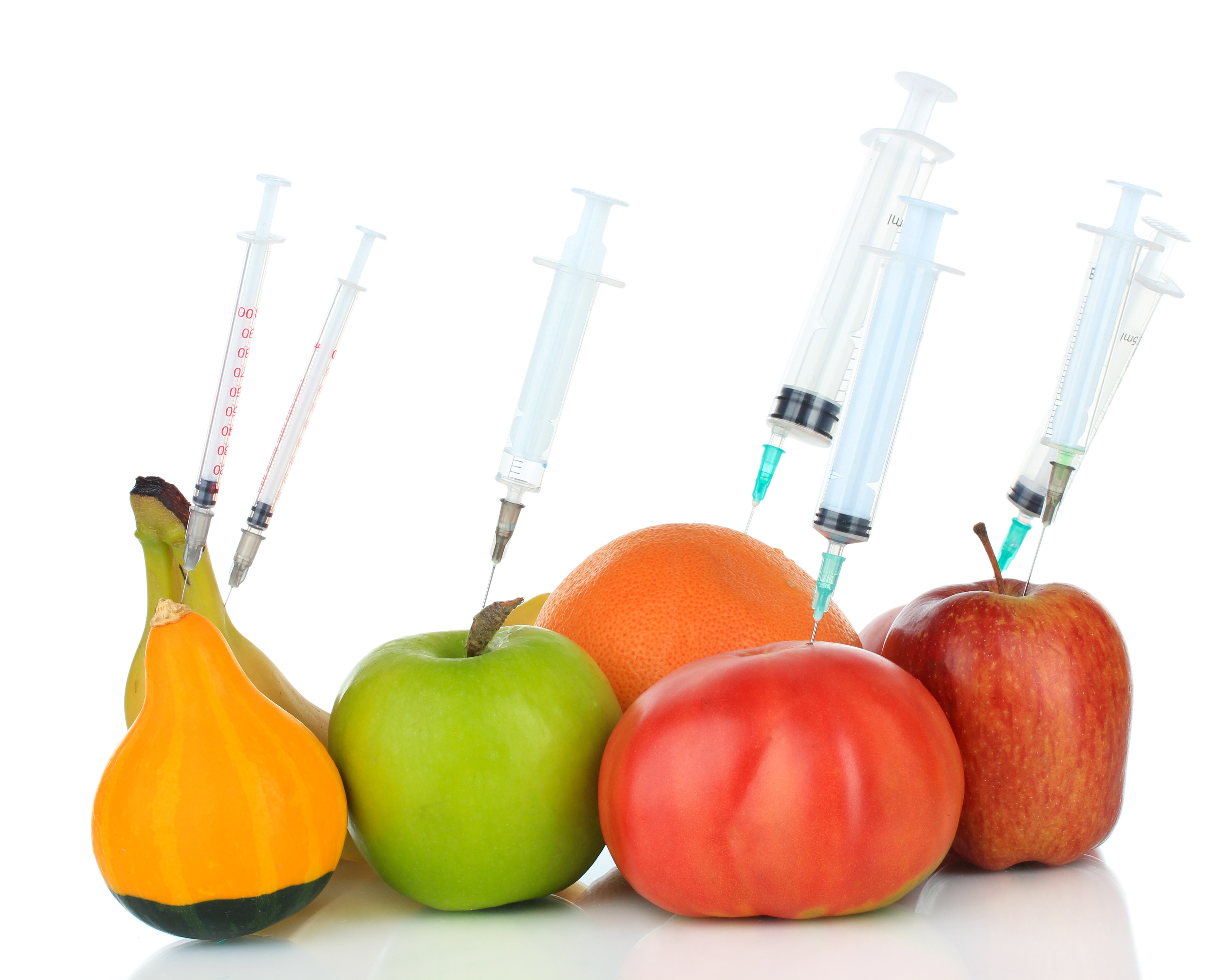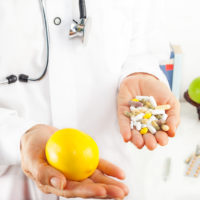 GMOs (genetically modified organisms) is a complex topic and consumers are realizing they need to pay closer attention to what exactly is in the food they eat and where it comes from. Although many brands are bowing to the demands of consumers who want clean, organic foods and supplements, many companies are rebranding genetic engineering with terms such as “bioengineered,” “CRISPR,” “gene editing,” “gene silencing,” and “synthetic biology.”
GMOs (genetically modified organisms) is a complex topic and consumers are realizing they need to pay closer attention to what exactly is in the food they eat and where it comes from. Although many brands are bowing to the demands of consumers who want clean, organic foods and supplements, many companies are rebranding genetic engineering with terms such as “bioengineered,” “CRISPR,” “gene editing,” “gene silencing,” and “synthetic biology.”
The newest genetically engineered foods are not currently labeled and are now in grocery stores and suppliers. According to a article by Dana Perls in Natural Products Insider (Aug 19, 2019), “These new GMOs are unpredictable and largely untested. Studies show that genetic engineering, particularly new techniques like CRISPR, cause surprise genetic errors and problems for organisms and ecosystems. Once in the environment, these new genetically engineered organisms are uncontainable and could cause irreversible ripple effects. Many of these new GMOs may rely on toxic pesticides linked to cancer and be responsible for destroying bee populations around the world. . . Many new GMO products are intended to replace plant-based commodities, such as vanilla, stevia, coconut and cannabinoids. Not only do people’s livelihoods around the world depend on growing these valuable crops, but many of the crops are culturally important and ecologically critical.”
According to the latest USDA labeling law which will be implemented at the beginning of 2020, although companies aren’t required to use the GMO label until January 1, 2022, three different labeling methods will appear.
- Text on food packaging (example: Partially produced with genetic engineering)
- A symbol that represents bioengineering
- An electronic or digital link that can be scanned
Smaller food manufacturers with limited resources may also choose to label their GM foods using a telephone number that can provide additional information or an internet URL.
The law requires labeling only on bioengineered foods intended for human consumption that contain more than five percent GMO ingredients. Instances where GMOs do not have to be labeled include:
- Foods derived from animals, such as eggs, meat and milk
- Refined ingredients like oils and sugars
- Food served in a restaurant
- Foods manufactured and sold by very small manufacturers (local shops, etc.)
- Any non-food products
Your responsibility
Since unlabeled GMOs may be in the supply chain, it’s important for several reasons that your company investigates what it is sourcing for several reasons:
- To avoid contamination of unadulterated foods, herbs, etc.
- To protect the integrity of the natural foods industry
- To maintain your credibility, accountability, and trust as a supplier, manufacturer or retailer
- To maintain a firm stance against GMO development by refusing to incorporate products or supplies that are potentially harmful to consumers and the planet.
Ask your suppliers these questions (provided by Dana Perls, the senior food policy campaigner at Friends of the Earth (foe.org) and published in Natural Products Insider:
- Are any ingredients derived from genetic engineering, including new gene editing techniques like CRISPR?
- Are any ingredients produced using fermentation or bioengineering? Are any ingredients derived from yeast, algae or enzymes?
- Does the supplier know from where the ingredients are originally sourced?
- Would the supplier sign an affidavit confirming the ingredients are produced through processes that do not use genetic engineering techniques?
Keep this in mind: The final GMO labeling rule does not require labeling of highly refined ingredients from GM crops, if no modified genetic material is detectable.
So do your diligent investigation into sourcing ingredients for your products. Your customers will thank you for it.
LIST OF GMO CROPS TODAY
(Select varieties)
- Corn
- Soybeans
- Cotton
- Canola
- Alfalfa (for animal feed)
- Sugar beets
- Rainbow papaya
- Ranger Russet and Atlantic potatoes
- AquAdvantage® Salmon
- Arctic® Apples
- Squash
- Golden Rice®
Call today to see how Cohn Writing Solutions can help ensure that your copy is sparkling clean and meaningful.
Barbra Cohn
healthwriter1@gmail.com
303-447-8300

